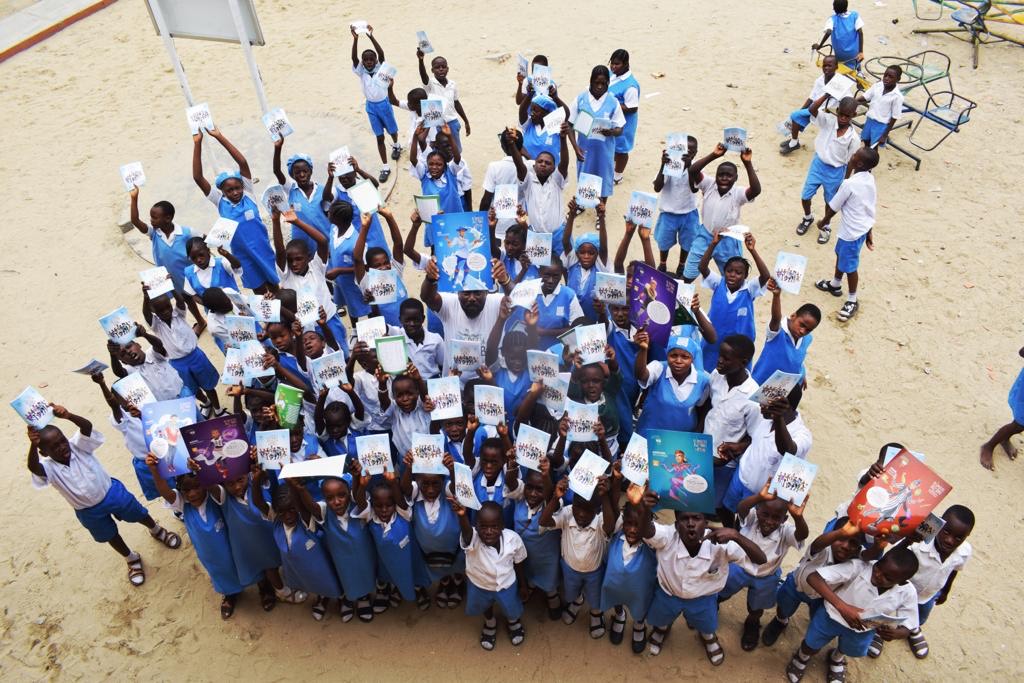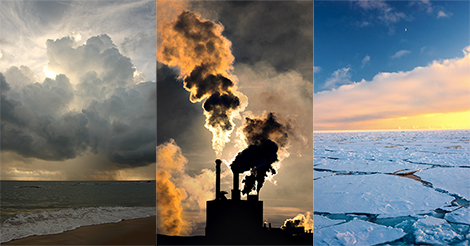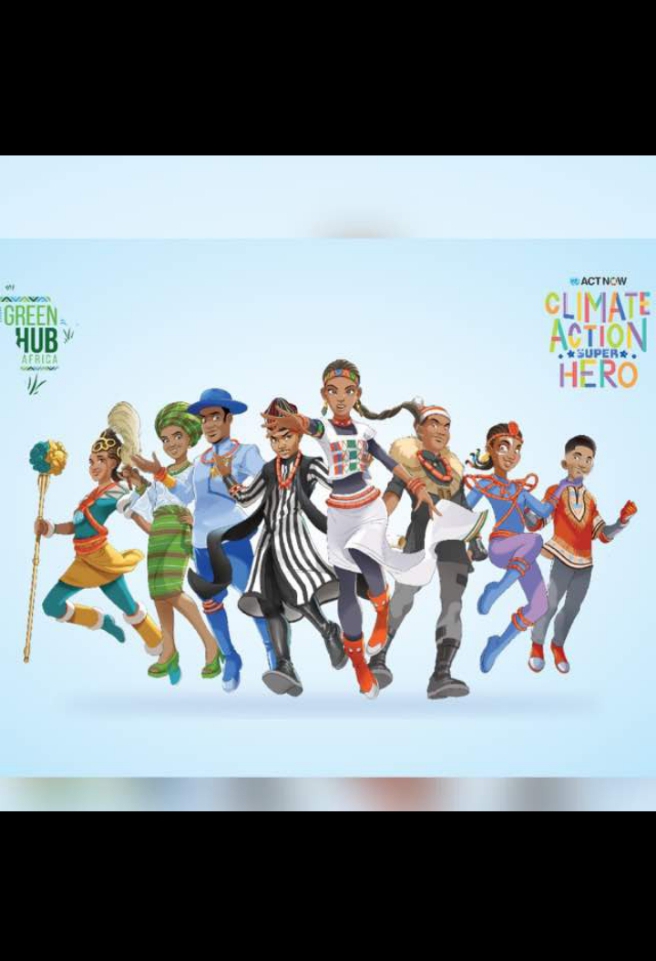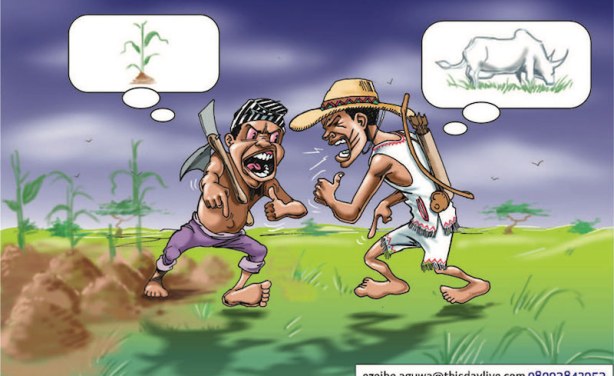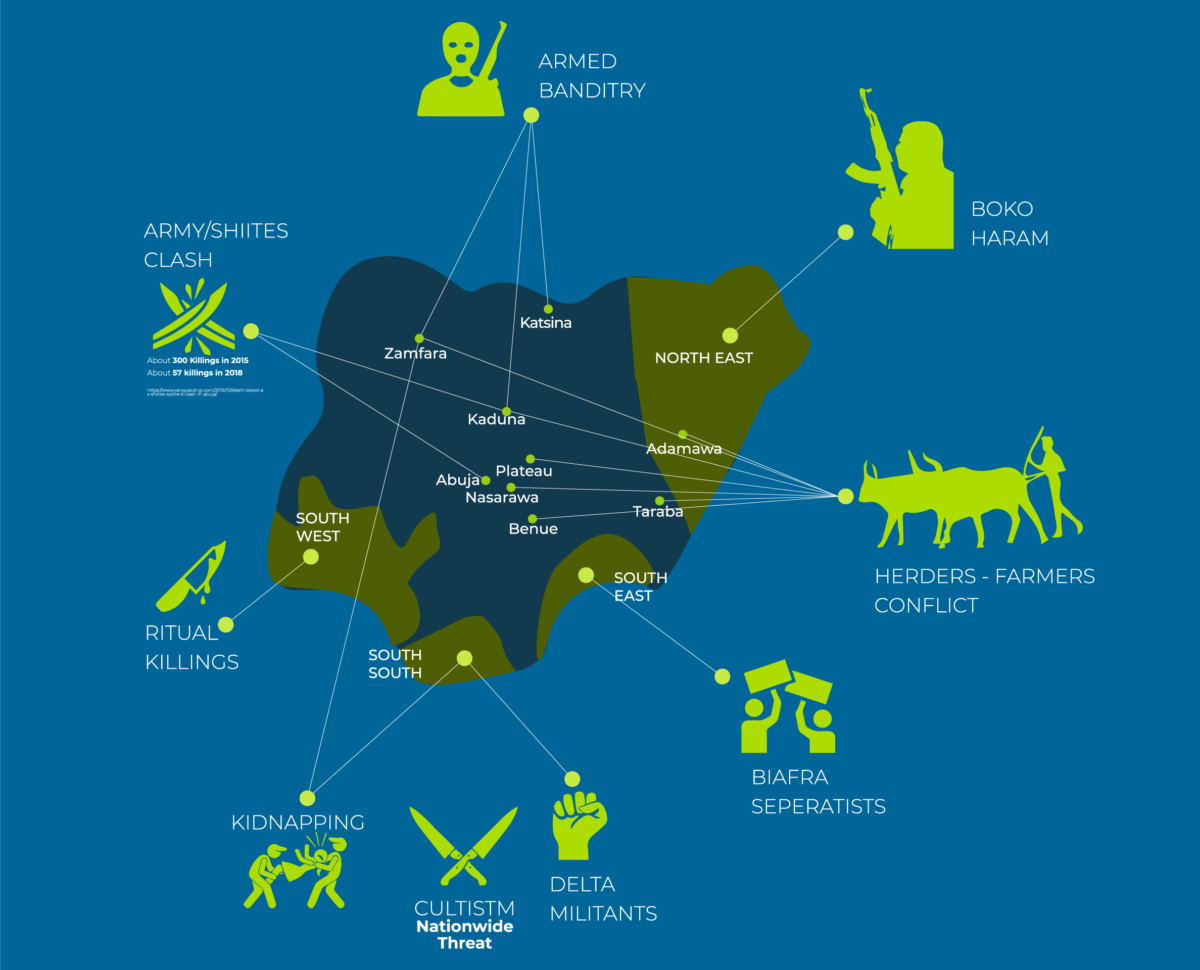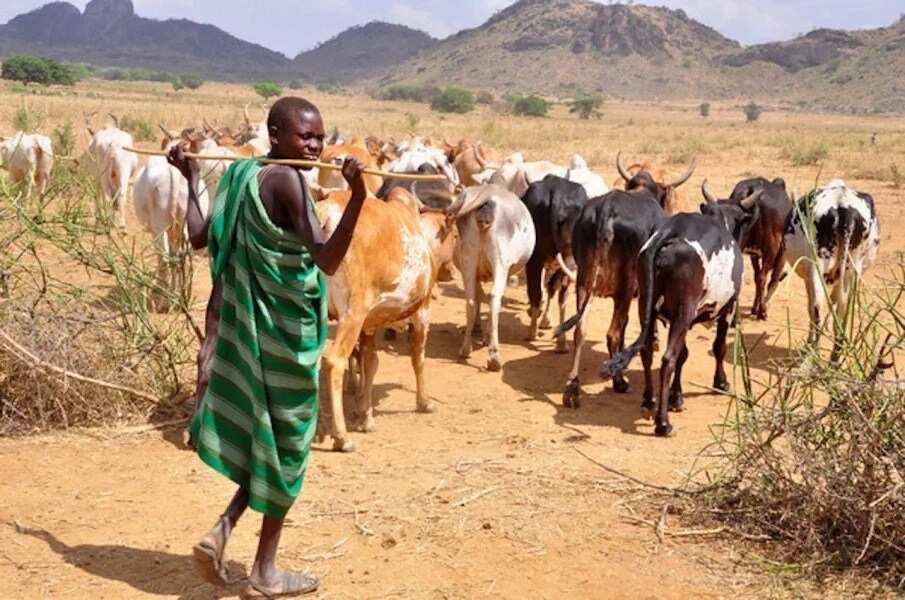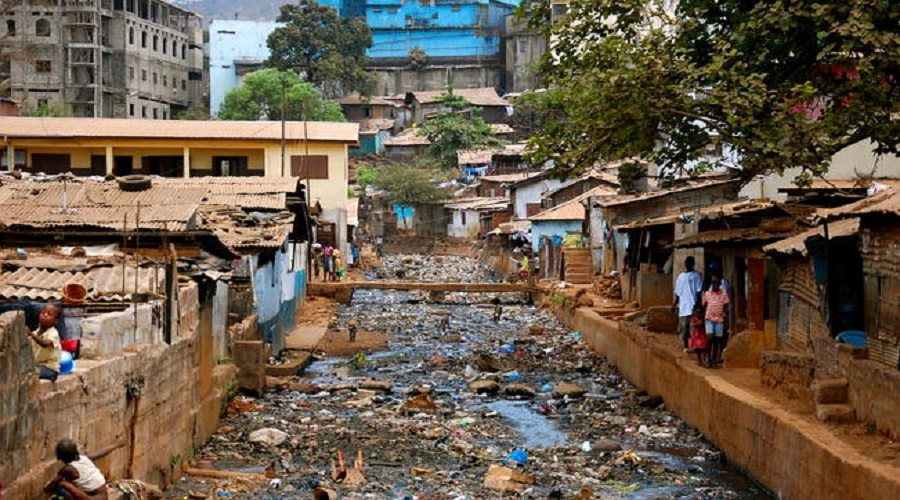The Hidden Toll of Climate Change: Understanding and Protecting Our Mental Well-being
As our planet grapples with unprecedented environmental changes, the conversation around climate change often centers on melting ice caps, rising temperatures, and extreme weather events. While these physical manifestations are critical, there is another dimension to this global crisis that deserves our immediate attention: the profound impact on human mental health. This article explores the intricate connection between climate change and mental well-being, with a particular focus on vulnerable communities and practical strategies for resilience.
The effects of climate change on our physical health are glaring. Take, for instance, rising sea levels that have led to floods which contaminate even our potable water and make it unsafe. Poor air quality, a situation aggravated by greenhouse gases, can be linked to the rise of respiratory diseases in our society.
The physical health impacts cannot be denied, but there’s an area that is easily ignored—the effect of climate change on our mental health.
Maybe it’s because mental health is still a touchy topic, or maybe it’s because mental health changes aren’t as easily noticed as physical health changes, but one thing is sure: climate change affects our mental health in ways that are concerning.
A recent study in the US revealed that more than 68% of its adult population has reported having anxiety about climate change. Sixty-seven percent of individuals with direct exposure to the California Camp Fire of 2018 said they experienced trauma similar to PTSD, compared with 14 percent of those indirectly exposed. These effects can last for years, as reported by those who lived through Hurricane Katrina. (Source: commonwealthfund.org)
In Africa, hurricanes and wildfires may not sound very familiar, but every day we hear and see flood cases. Many farmlands and properties have been swept away by heavy floods. Severe flooding across West and Central Africa has hit an estimated 4 million people so far this year, many of them children, displacing at least 500,000 people and destroying more than 300,000 homes. (Source: unicef.org). That is quantifiable data about physical damage.
Let us consider the hypothetical scenario of a farmer who planted rice on two acres of land. He spends over 10 months caring for the rice plants, invests in fertilizers, spends huge amounts on hired workers, and just when it’s about time to harvest, constant rainfall starts and goes on for days. One day, he wakes up and he can’t even step out because the community river is now at his doorstep. Everyone is panicking, and the farmlands are underwater, including his rice farm. Statistics will show that the entire village was flooded, but we cannot quantify the level of trauma he will deal with every time he remembers how much he invested in that rice farm.
This is why we have written this article with a focus on the importance of fighting climate change and protecting our mental health.
What better time to act than now?
Africans have been found to be more susceptible to the impacts of climate change on the environment and on their mental health.
Due to economic and developmental issues, they are more likely to live in areas marked by elevated temperatures, air pollution, higher flood risks, and poor-quality housing, such as historically red-lined areas. Indigenous communities, too, are highly susceptible, with many experiencing both the direct effects of climate change, such as extreme heat, drought, or floods, and indirect effects like food insecurity and loss of land. For indigenous people with deep connections to their land, loss or displacement from climate change can profoundly affect psychological well-being.
5 Ways to Protect Your Mental Health in the Face of Climate Change
Climate change is a pressing global issue with far-reaching consequences, including significant impacts on mental health. As extreme weather events become more frequent and intense, individuals may experience anxiety, stress, and other mental health challenges. Here are five strategies to help you protect your mental well-being during these uncertain times:
1. Prepare for Extreme Weather Events
– Stay informed: Keep up-to-date with local weather forecasts and emergency alerts
– Develop an emergency plan: Create a plan for how you and your family will respond to extreme weather events, including where to go and what to do
– Prepare a survival kit: Assemble a kit with essential supplies, such as food, water, first aid supplies, and a flashlight
2. Reduce Your Exposure to Air Pollution
– Check air quality: Monitor air quality indices in your area and avoid outdoor activities when pollution levels are high
– Limit exposure: If you live in a city or industrial area, consider staying indoors on days with poor air quality
– Improve indoor air quality: Ventilate your home regularly and consider using air purifiers
3. Practice Good Hygiene and Food Safety
– Wash your hands frequently: This helps prevent the spread of germs and reduce the risk of foodborne illness
– Handle food safely: Follow proper food safety guidelines to avoid contamination
– Keep your kitchen clean: Regularly clean and disinfect surfaces to prevent the growth of bacteria
4. Protect Yourself from Mosquito Bites
– Use mosquito repellent: Apply insect repellent containing DEET, picaridin, or other effective ingredients
– Wear protective clothing: Cover your skin with long sleeves and pants, especially during dawn and dusk
– Eliminate breeding grounds: Reduce mosquito breeding by removing standing water from your property
5. Prioritize Your Mental Health
– Practice self-care: Engage in activities that promote relaxation and well-being, such as meditation, yoga, or spending time in nature
– Connect with others: Build strong social connections with friends, family, and community members
– Seek professional help: If you’re struggling with mental health symptoms, don’t hesitate to reach out to a therapist or counselor.
By taking these proactive steps, you can better equip yourself to cope with the challenges of climate change and protect your mental health. Remember, you’re not alone in this journey, and there are resources available to support you.
6. Take Climate Action
– Advocate for Policy Change: Support and promote policies addressing climate change, including emissions reductions and renewable energy investments. Engage in community campaigns that drive environmental legislation.
– Support Sustainable Practices: Choose products from eco-friendly companies and minimize single-use plastics. Incorporate plant-based meals and buy from brands that follow ethical production practices.
Conclusion
The relationship between climate change and mental health represents one of the most pressing yet under-recognized challenges of our time. As we’ve explored throughout this article, the psychological impacts of environmental degradation extend far beyond immediate stress reactions to shape our collective well-being in profound ways. While certain communities bear a disproportionate burden of these effects, the mental health consequences of climate change touch us all.
However, this recognition should empower rather than paralyze us. By understanding the connection between environmental and psychological health, we can take meaningful steps both to combat climate change and to protect our mental well-being. Whether through community action, personal preparation, or individual coping strategies, each of us has the power to make a difference.
As we move forward, let us remember that addressing climate change is not just about preserving our physical environment— it’s about safeguarding the mental health of current and future generations. The time for awareness has passed; now is the time for action. By working together, supporting one another, and implementing the strategies outlined above, we can build both a more sustainable world and more resilient communities.
The path ahead may be challenging, but with understanding, preparation, and collective action, we can face these challenges while protecting what matters most: the well-being of ourselves, our communities, and our planet.

